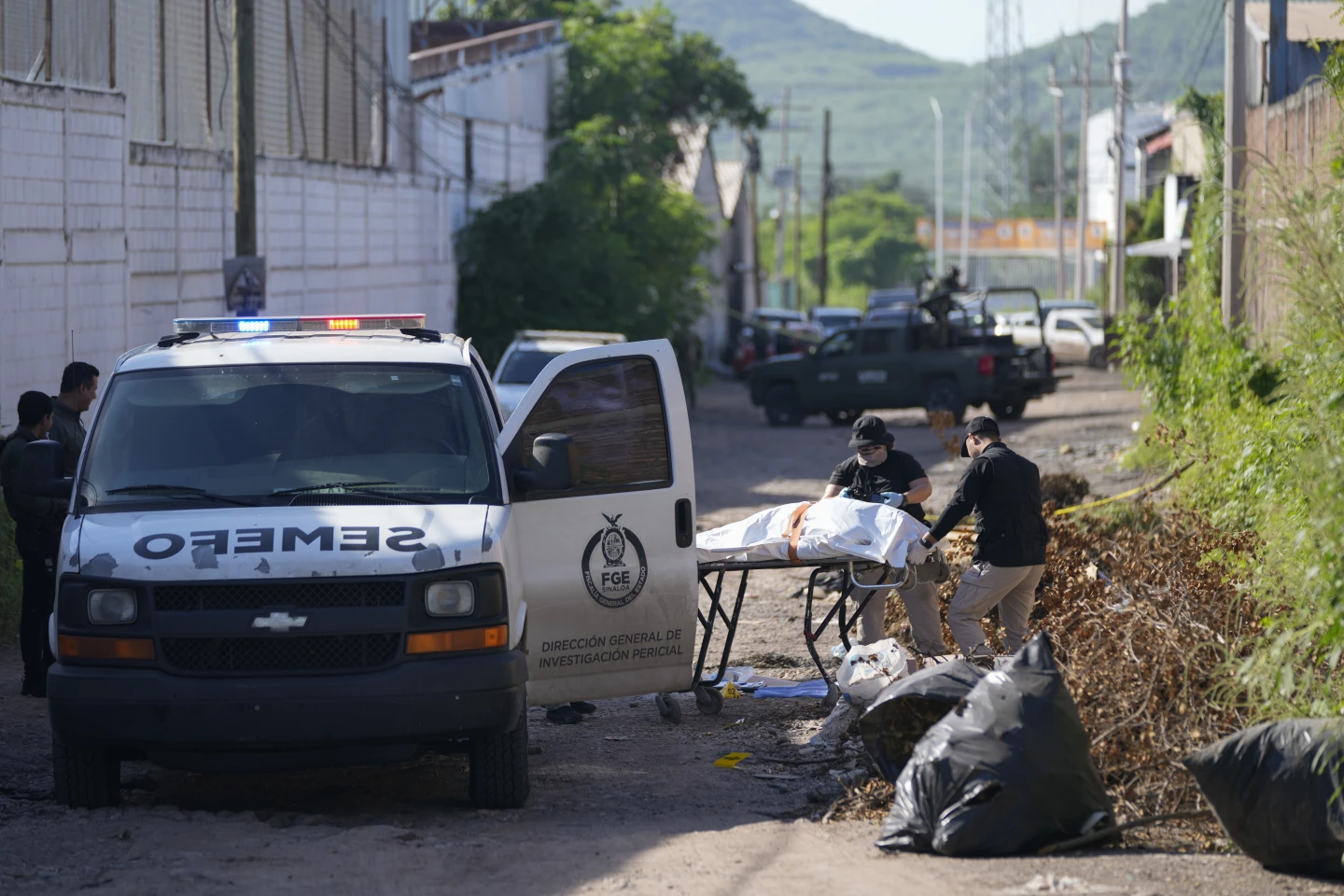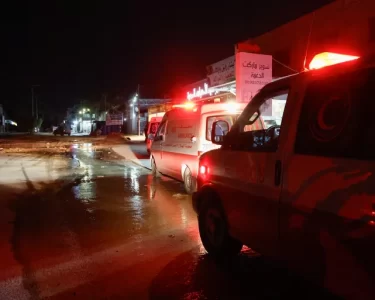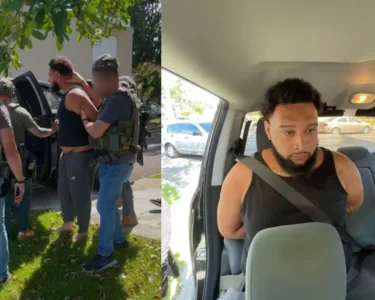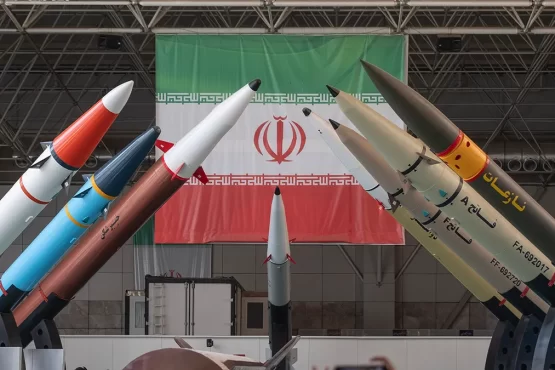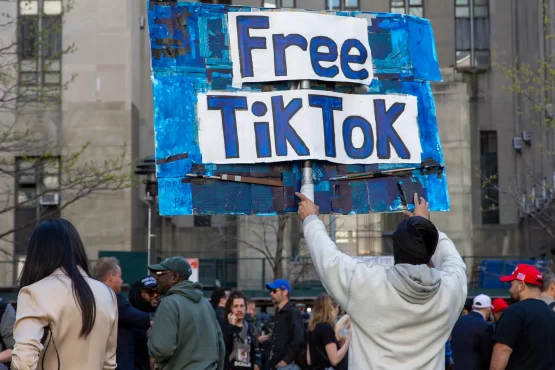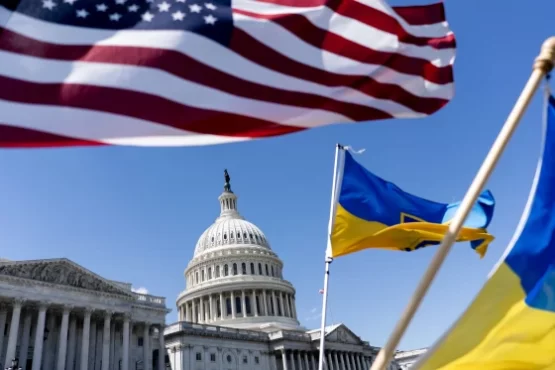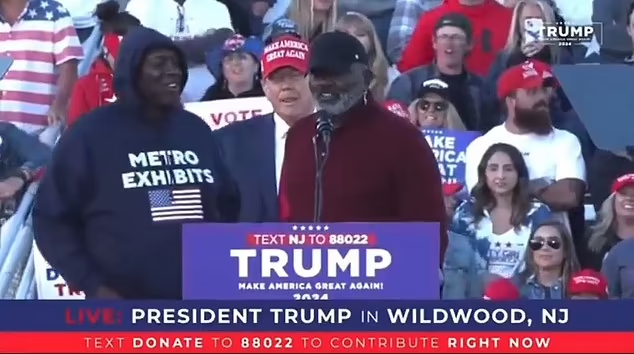Mexican President Andrés Manuel López Obrador on Thursday partially blamed the United States for the recent surge in cartel violence in the northern state of Sinaloa, which has left at least 30 people dead in the past week.

During his morning briefing, López Obrador claimed that U.S. authorities were “jointly responsible” for the violence, citing their role in the recent arrest of Ismael “El Mayo” Zambada, a leader of the Sinaloa cartel. The president asserted that the operation to capture Zambada was “totally illegal” and carried out unilaterally by U.S. agents.
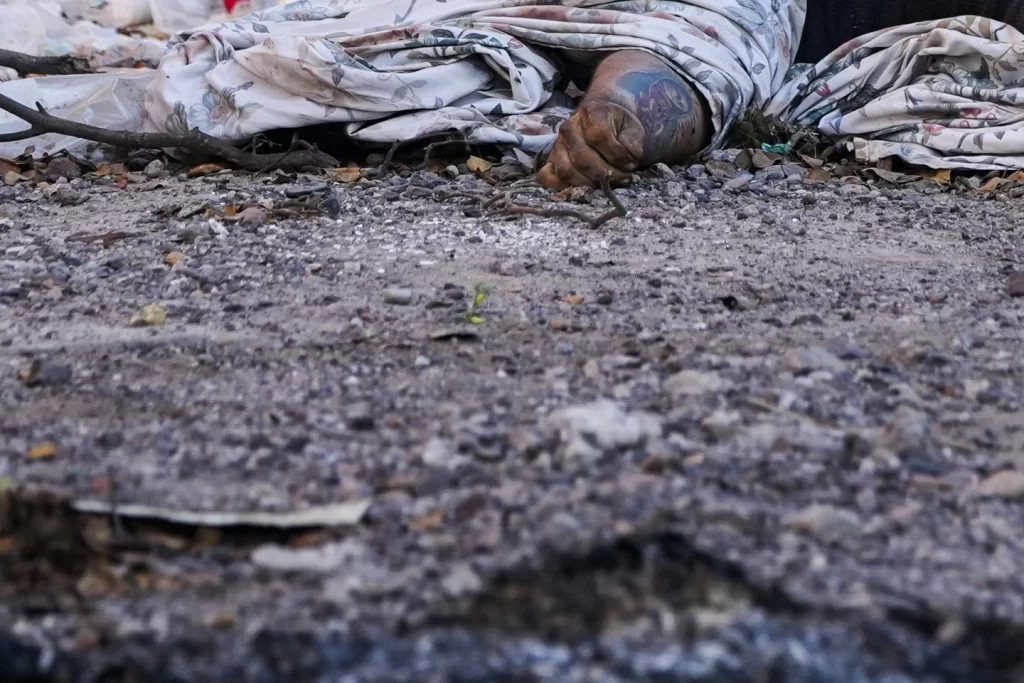
The violence in Sinaloa’s capital, Culiacán, erupted following the arrests of Zambada and Joaquín Guzmán López, son of former cartel leader Joaquín “El Chapo” Guzmán, near El Paso, Texas, on July 25. Two warring factions of the Sinaloa cartel have since clashed in what appears to be a power struggle.

Residents of Culiacán reported ongoing violence and fear, with many families still in hiding. While some schools have reopened, many parents are keeping their children at home due to safety concerns.
López Obrador criticized the lack of communication from U.S. authorities regarding the operation, stating, “There cannot be a cooperative relationship if they take unilateral decisions.” Mexican prosecutors are considering treason charges against those involved in Zambada’s capture.

The situation has fueled criticism of López Obrador’s “hugs not bullets” approach to dealing with cartels. Despite the president’s claims that his strategy would reduce violence, cartel conflicts continue to plague Mexico, with groups employing increasingly sophisticated tactics.

As López Obrador prepares to leave office at the end of the month, the ongoing violence in Sinaloa presents a significant challenge for his administration and raises questions about the future of U.S.-Mexico relations in combating drug cartels.

